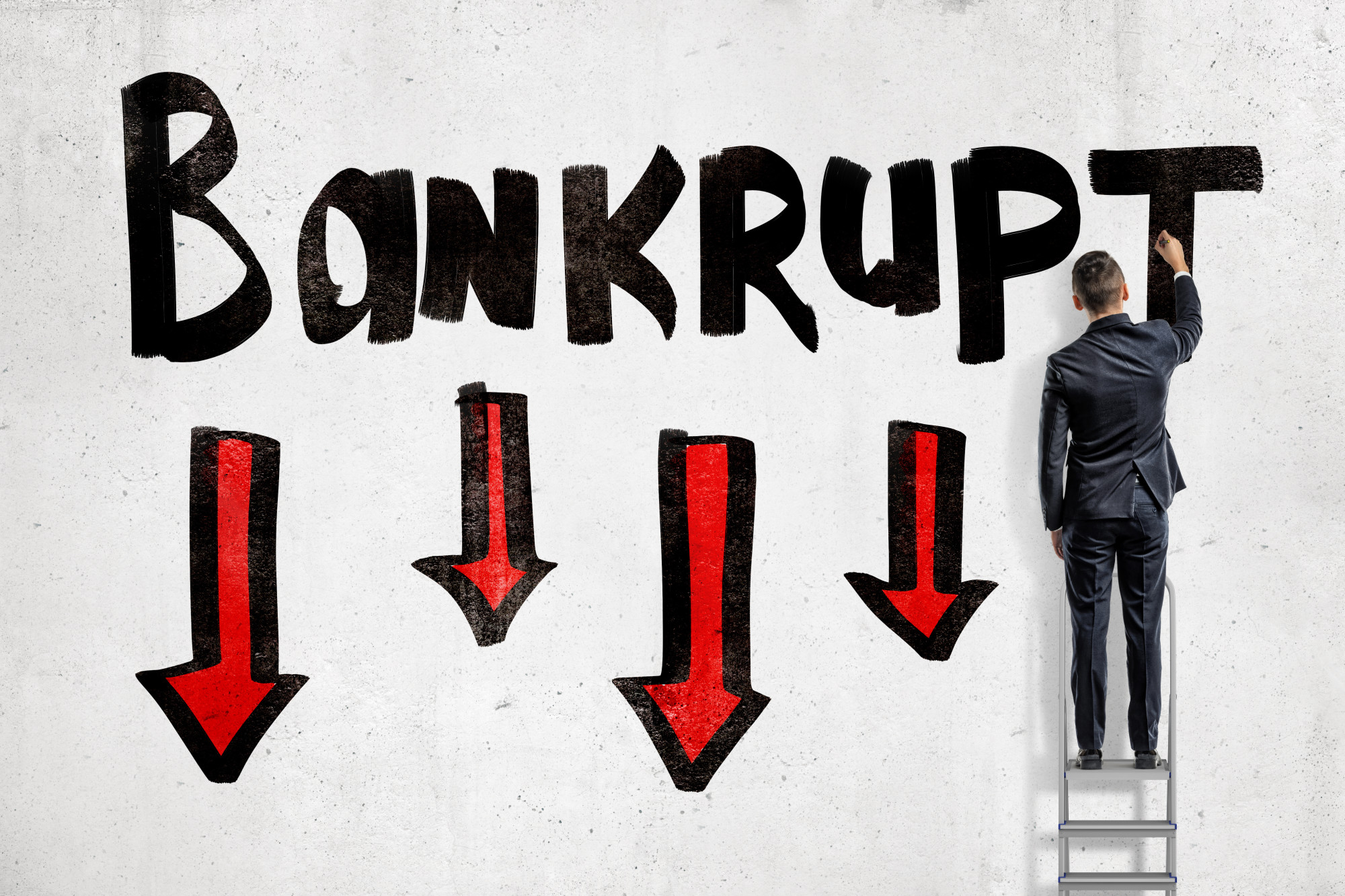Did you know that over 400,000 people filed for bankruptcy in 2021? This is a common course of action people take when experiencing financial issues.
However, there are multiple different ways to declare bankruptcy. The right one for you will depend on your situation.
Let’s take a closer look at the different types of bankruptcy.
Chapter 7 Bankruptcy
This is commonly known as liquidation bankruptcy and is the most common type of bankruptcy in the United States.
It requires people to sell off their possessions to pay back creditors, while still allowing them to keep some property exempt from sale.
This form of bankruptcy will leave a mark on your credit report for 10 years and can be difficult to qualify for if you have too much income or assets. Be sure that you keep this in mind when moving forward so that you don’t encounter any issues.
Chapter 11 Bankruptcy
This is a reorganization form of bankruptcy, which allows people to keep their assets and restructure their debt payments.
Chapter 11 is typically used by businesses, but individuals can also take advantage of it when necessary. Chapter 11 bankruptcies are lengthy processes that require approval from creditors, making them difficult to qualify for.
This is simply due to the fact that many people attempt to file for Chapter 11 without meeting the appropriate criteria. For example, there are scenarios where people rightfully owe a debt. This means that they will not be able to experience the benefits of Chapter 11 filing.
In a case where someone wrongfully owes a debt, however, they may be able to do so.
Chapter 13 Bankruptcy
This is another version of reorganization bankruptcy and it also allows people to keep their property, but the major difference is that debtors must come up with a plan to pay back creditors over 3-5 years.
Doing so can be difficult for many people, as your plan will need to be concrete. For instance, business owners will need to show a financial projection for the next 3 to 5 years. These numbers must have data to back them up and be realistic.
This form of bankruptcy will stay on your credit report for 7 years, making it easier to qualify for if you have higher income or assets.
Chapter 9 Bankruptcy
This type of bankruptcy is usually only available to municipalities and other organizations. It allows them to restructure their debt payments in order to prevent defaulting on their loans.
It does not negatively affect an individual’s credit score. So, it can be a great alternative to other forms of filing. Keep in mind, though, that you can only file for Chapter 9 under specific circumstances.
Chapter 12 Bankruptcy
Chapter 12 is specifically tailored for family-owned farms and fishermen.
They can reorganize their debt payments and still keep their property. This form of bankruptcy will stay on an individual’s credit report for 7 years.
However, it is easier to qualify for than other types. Regardless, it only applies to a select few.
Chapter 15 Bankruptcy
This only comes into play during foreign cases. It involves a debtor from one country filing for bankruptcy in another.
Chapter 15 is mainly used to protect assets and does not stay on an individual’s credit report. As you might guess, though, most bankruptcy cases do not involve foreign assets.
When Do People File For Bankruptcy?
People typically file for bankruptcy when they are unable to pay back their creditors.
This could be due to a lack of income, mounting medical bills, or other costly expenses. No matter what the reason is, it’s important to understand the different types of bankruptcy and their implications before deciding which path is right for you.
What Should You Do if You Need to File?
Getting in touch with a legal professional is the best way to ensure that your bankruptcy process goes smoothly. An experienced attorney can help you understand which type of bankruptcy is right for your situation and guide you through the process.
They can also advise on how to manage your finances after filing and how to rebuild your credit score in the long run.
Your lawyer will help you to make the most informed decision and give you peace of mind during this difficult time.
What Should You Look For in an Attorney?
Finding the right bankruptcy attorney is key when filing for bankruptcy. You should look for someone who is experienced in the area and has a proven track record of successful cases.
Make sure to ask questions about their experience, fees, and payment plans, as well as any other relevant information that can help you make an informed decision. It’s also important to feel comfortable with your attorney and to ensure that they have the resources and knowledge to handle your case.
Of course, you should also check their previous feedback. Keep an eye out for certain details, such as how satisfied their past clients were. Also, take note of how they deal with negative feedback.
If they seem to get defensive or aggressive, you should look elsewhere for your attorney. Otherwise, you may find yourself in a similar situation.
Understanding the Different Types of Bankruptcy Is Easier Than It Seems
Sometimes, understanding the types of bankruptcy available to you can seem overwhelming. The above guidelines will help ensure that you avoid problems you may have otherwise dealt with.
Looking for other useful info that can help you out in the future? Be sure to check out the rest of our blog!







